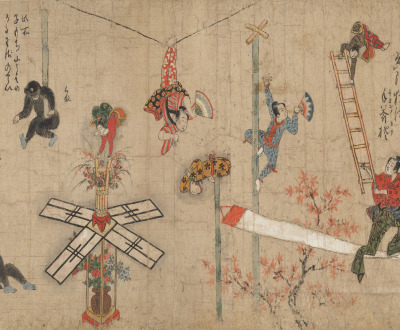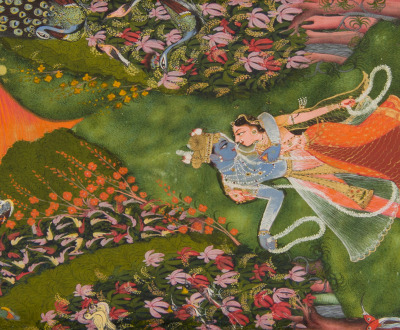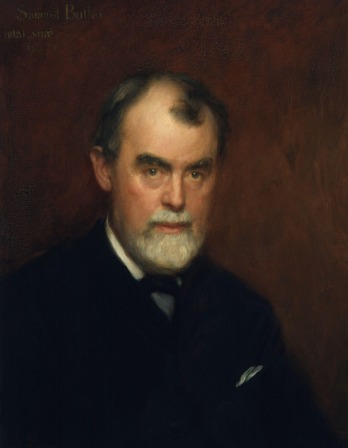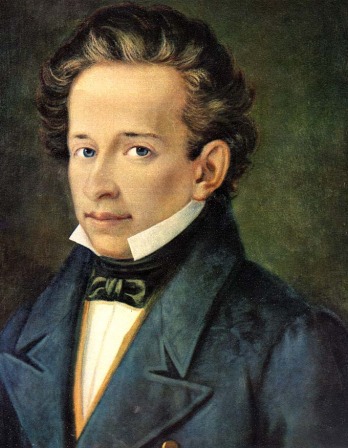
Acrobats (detail), Japanese handscroll, nineteenth century. The Metropolitan Museum of Art, Gift of Mrs. Henry J. Bernheim, 1945.
VIEW:
Miscellany
“Even if WDW [Walt Disney World] is the HPOE [Happiest Place on Earth], it is still part of Earth,” legal scholar Lauren A. Newell wrote in a 2012 paper. “Occupants of WDW are not immune from inclement weather, technical malfunctions, hunger, fatigue, or any other source of unpleasantness that exists in life.”
A lifetime of happiness! No man alive could bear it: it would be hell on earth.
—George Bernard Shaw, 1903










